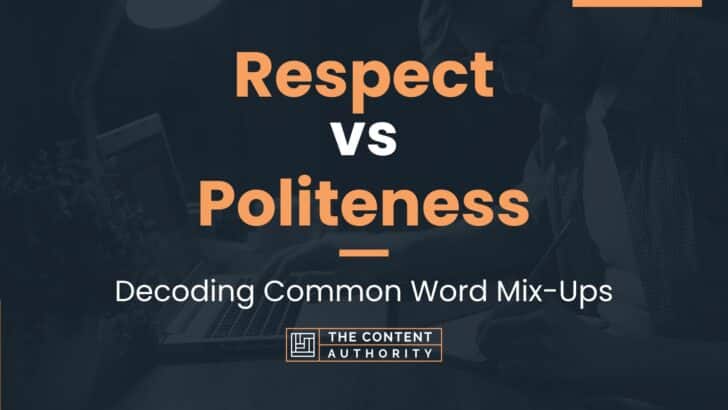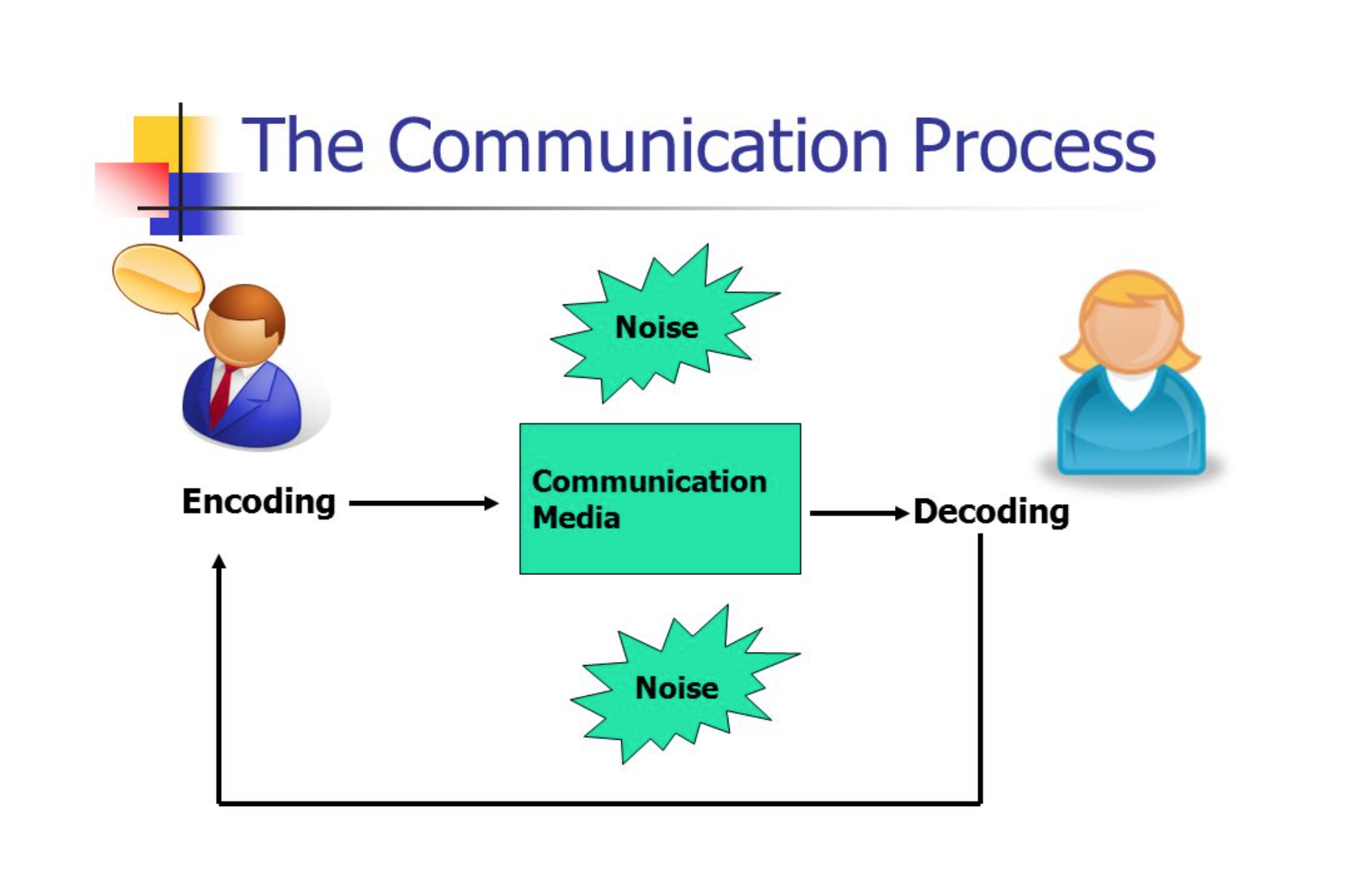Hey there! Today, let’s dive into some interesting cultural practices and language confusion. You won’t believe what I found! Let’s start with something called “Kancho” in Japan – it’s quite unusual, I must say. Brace yourself for a quirky adventure!
Kancho in Japan: Etiquette, Meanings and… WTF?

Imagine walking around Japan and suddenly feeling a strange sensation on your backside… That’s Kancho for you! But hold on, it’s not what you think! In Japan, Kancho is a playful prank performed by children. It involves forming the shape of a handgun with your hands and attempting to poke someone in the buttocks when they least expect it. Yes, you heard it right – a playful poke! Kancho is often met with shock and laughter, and it’s considered a childhood rite of passage, a way to build resilience and a sense of humor.
Now, I know what you’re thinking – “Etiquette? How can poking someone be a part of etiquette?” Well, in Japanese culture, it’s all about context. Kancho is strictly limited to informal settings among friends, family, or classmates. It’s definitely not appropriate in formal or professional situations. So, if you ever visit Japan and someone tries to sneak Kancho you, just remember – it’s all part of their unique and playful culture!
Respect vs Politeness: Decoding Common Word Mix-Ups

Now that we’ve explored a peculiar Japanese prank, let’s shift our focus to something puzzling that happens in language – mix-ups! Respect and politeness might seem like they go hand in hand, but there’s actually a difference between the two. Let’s uncover the truth!
Respect and politeness are often used interchangeably, creating confusion. However, respect is a deeper feeling that comes from within, while politeness is a set of socially acceptable behaviors. Respect is about acknowledging someone’s worth, treating them as equals, and honoring their values. On the other hand, politeness is a tool used to maintain harmony in social interactions.
So, what does this mean for us? Well, it’s essential to understand that respect should be the foundation of our interactions, whereas politeness acts as the vehicle for expressing that respect. It’s not just about saying “please” and “thank you” but also about genuinely valuing others’ perspectives and treating them with dignity.
Next time you’re communicating with someone, remember that true respect goes beyond surface-level politeness. Comprehending this subtle yet significant difference can lead to more meaningful and authentic connections in our interactions.
That’s it for today’s fascinating insight into Japanese pranks and language mix-ups. I hope you enjoyed this quirky journey. Remember, cultural practices and language nuances make our world so diverse and exciting! Embrace them with open arms.
If you are searching about deCoding Respect: Everyone Can Code with HTML | Tamara Zentic | Boys you’ve came to the right page. We have 5 Images about deCoding Respect: Everyone Can Code with HTML | Tamara Zentic | Boys like deCoding Respect: Everyone Can Code with HTML | Tamara Zentic | Boys, kancho meaning in karate Kancho meaning karate kyokushin alipurduar and also 🎉 Process of encoding and decoding. Understanding Communication Skills. Read more:
DeCoding Respect: Everyone Can Code With HTML | Tamara Zentic | Boys

www.boystownpress.org
Respect Vs Politeness: Decoding Common Word Mix-Ups

thecontentauthority.com
Kancho Meaning In Karate Kancho Meaning Karate Kyokushin Alipurduar

www.karatecollection.com
🎉 Process Of Encoding And Decoding. Understanding Communication Skills

momentumclubs.org
decoding process encoding diagram tape worksheets 2nd grade communication skills understanding
Kancho In Japan: Etiquette, Meanings And… WTF?

nihonscope.com
kancho japan japanese prank wtf
Kancho japan japanese prank wtf. Kancho meaning in karate kancho meaning karate kyokushin alipurduar. Respect vs politeness: decoding common word mix-ups
